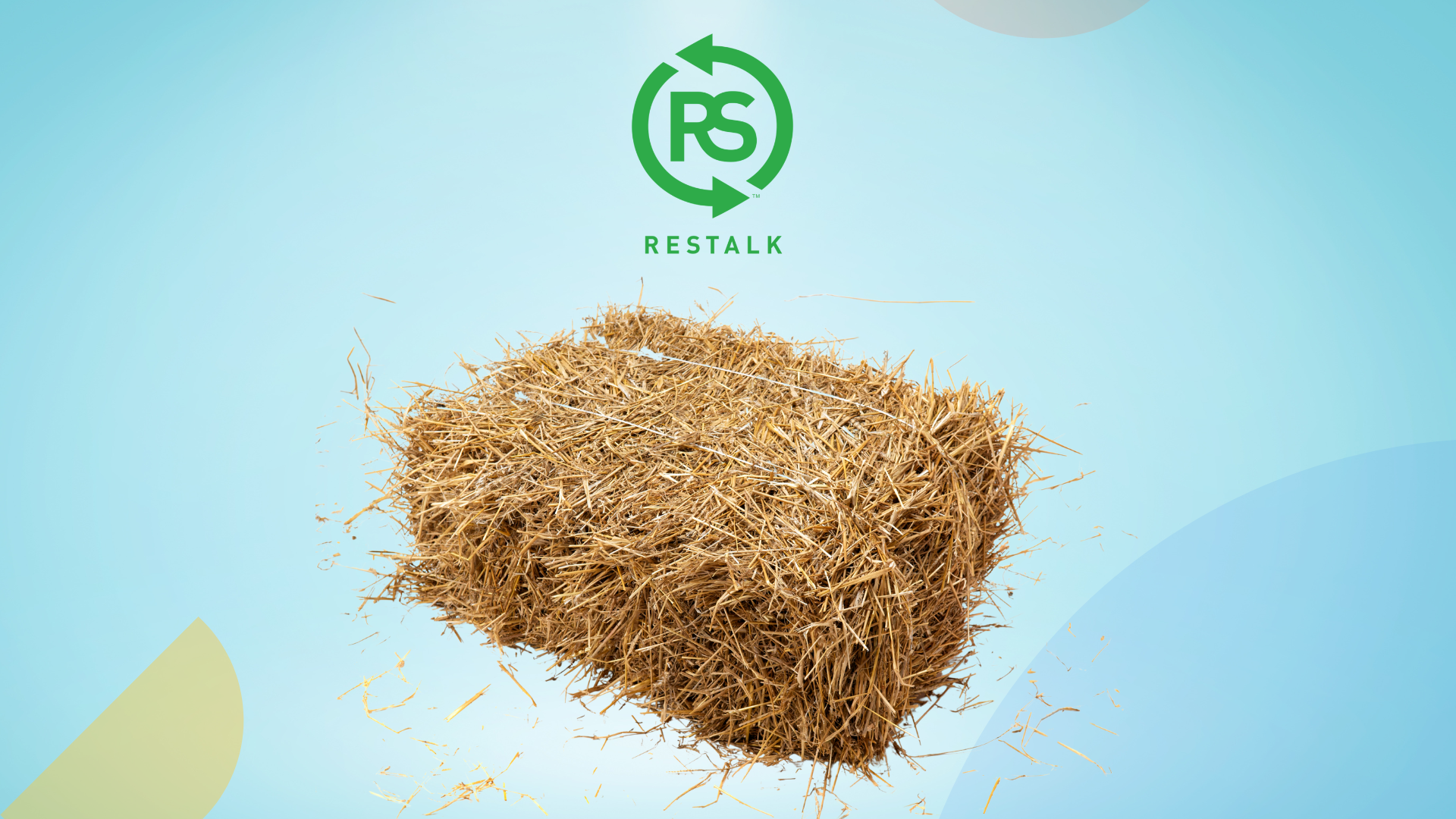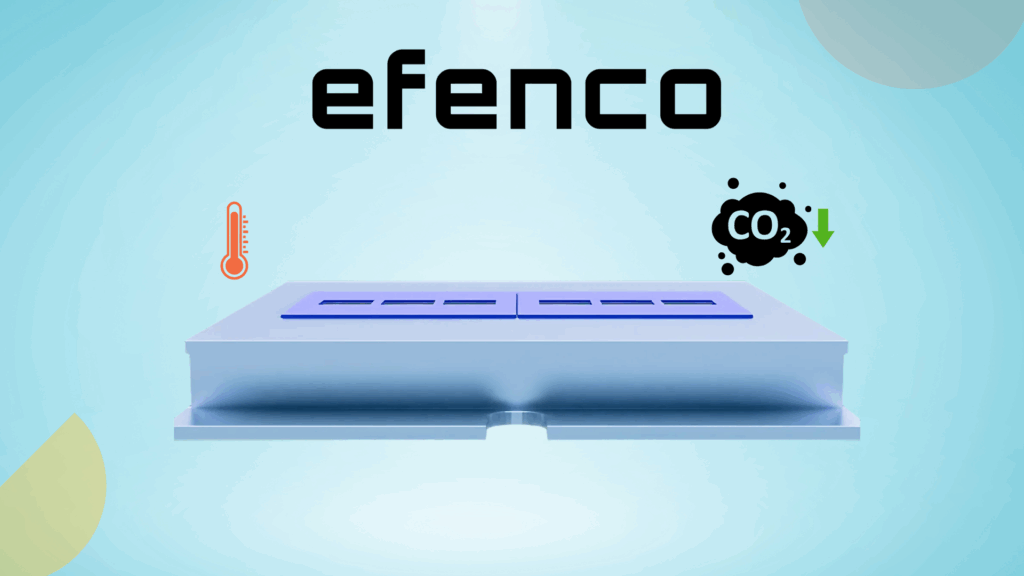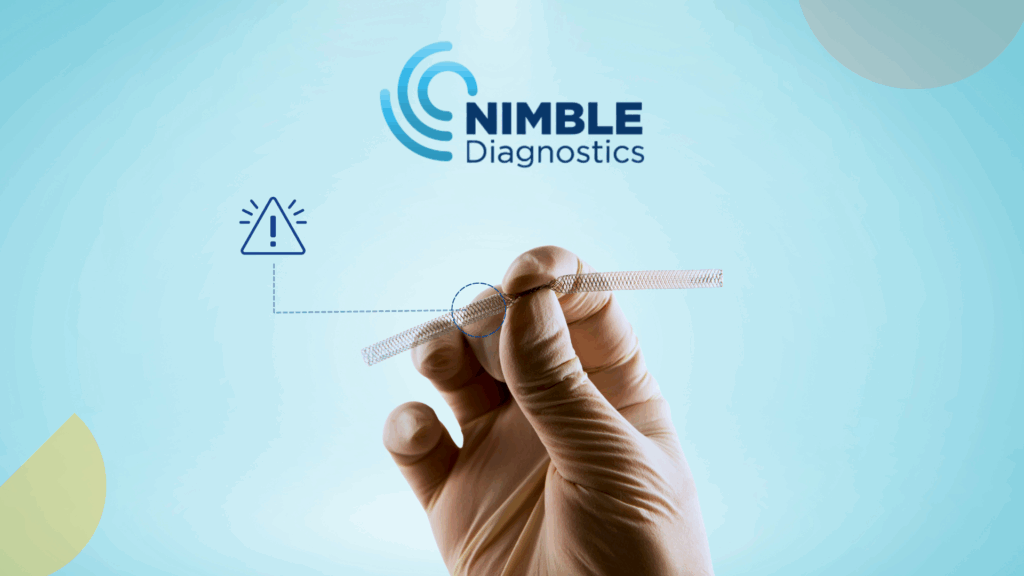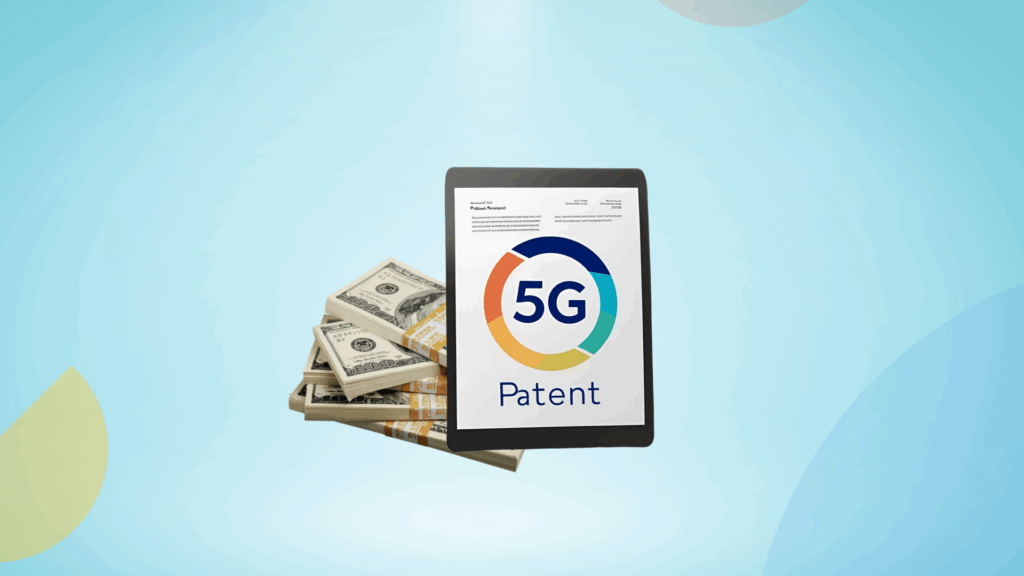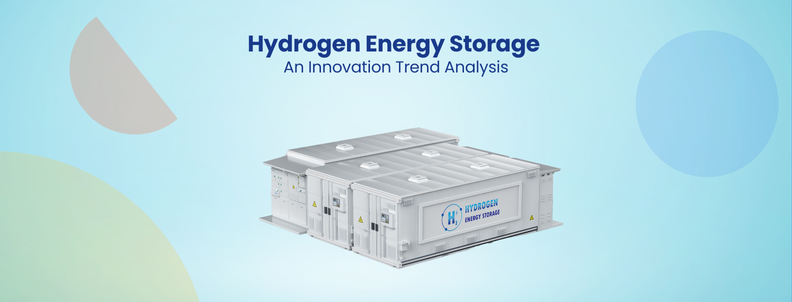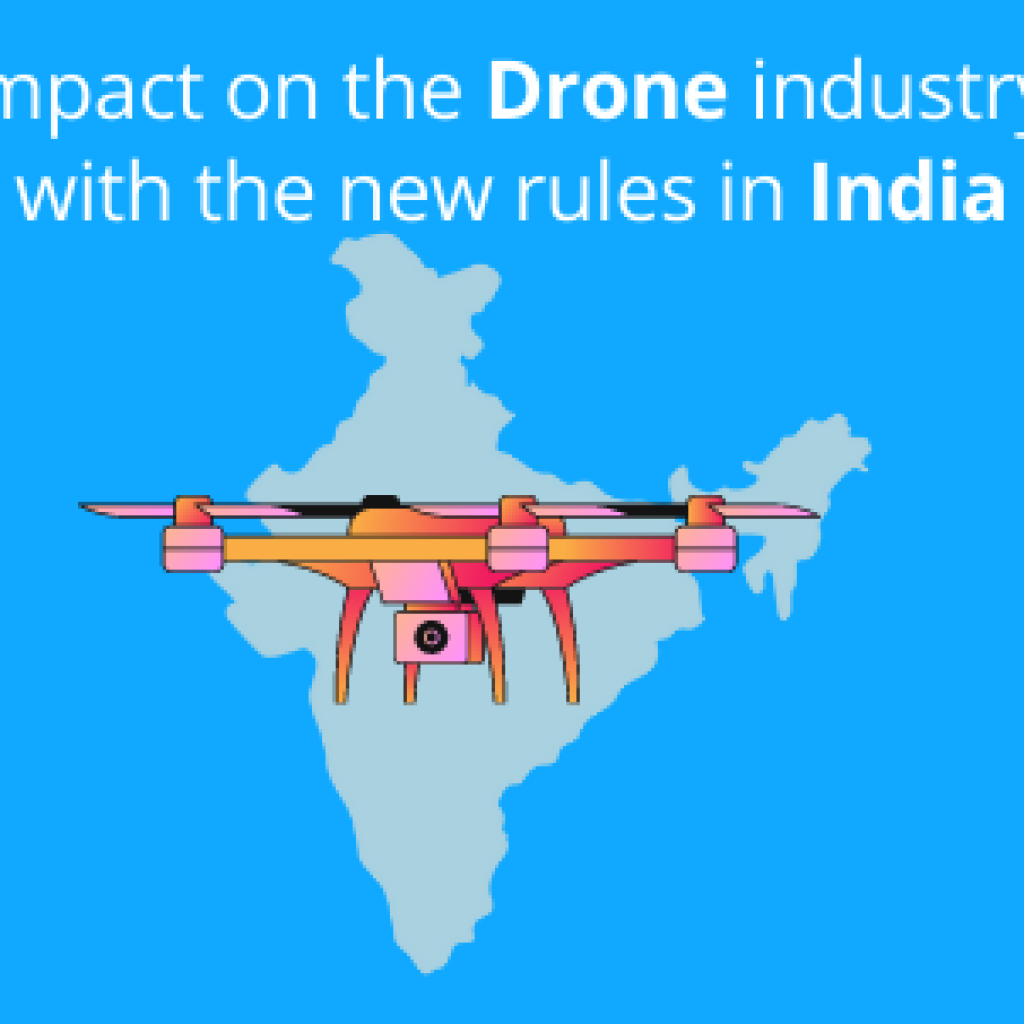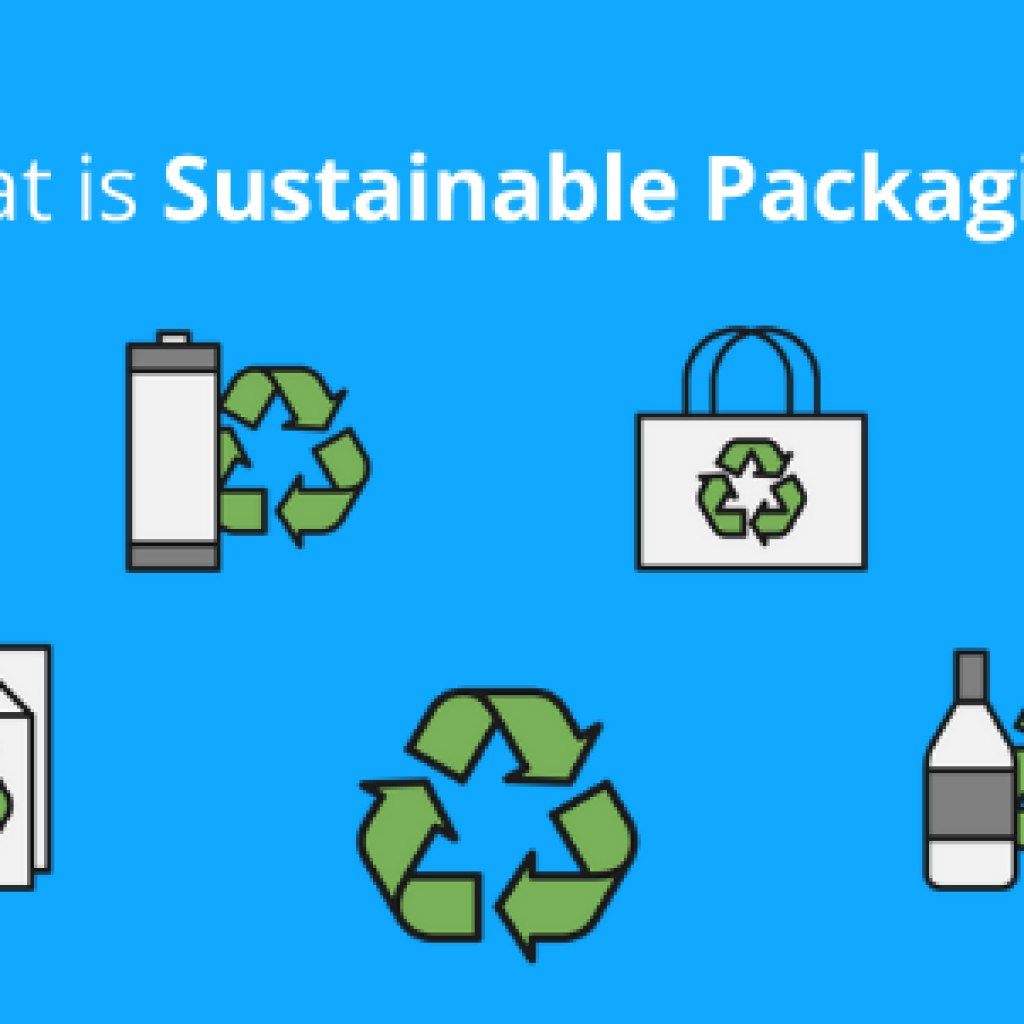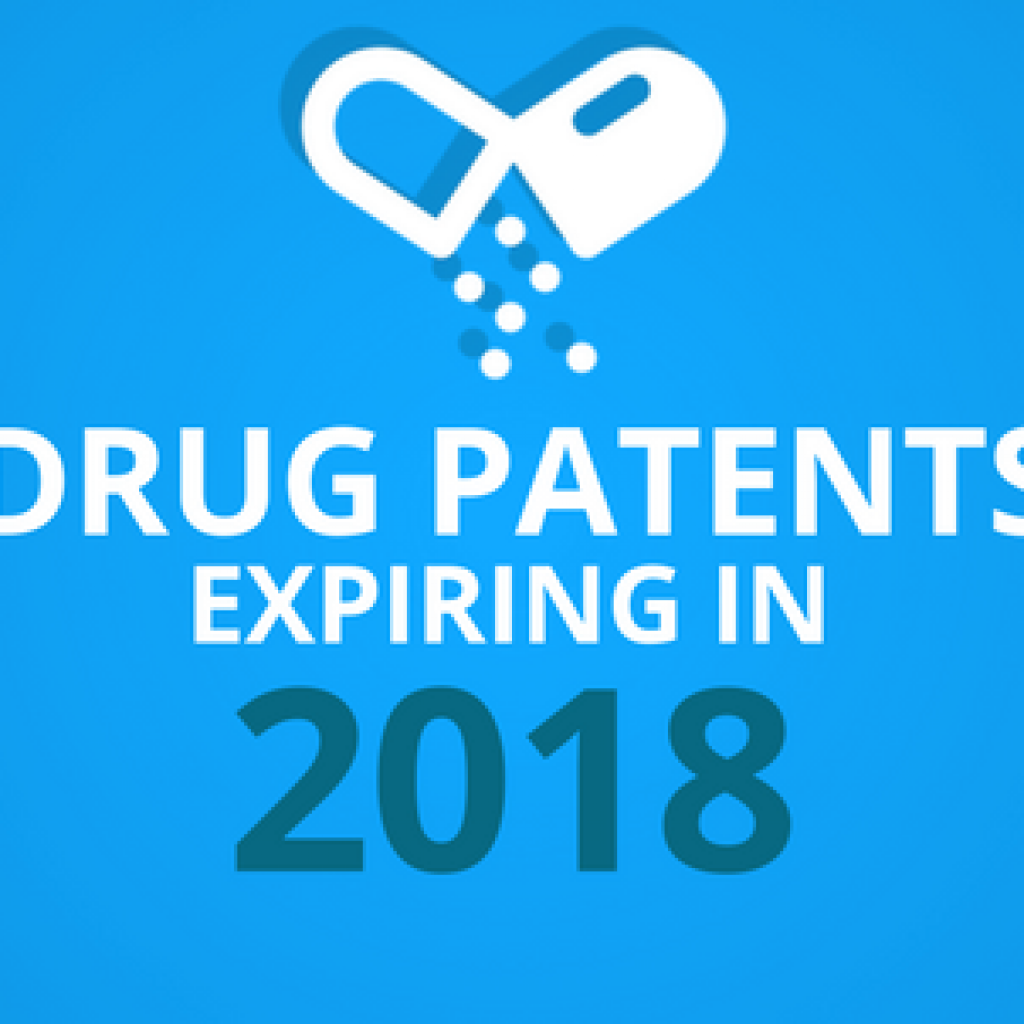Most alternatives to plastic (e.g., paper products) rely on tree fibers. A World Wide Fund for Nature survey shows that the Pulp and paper industry consumes nearly 40 percent of the industrial wood traded globally.
Replacing plastic with paper is easy, but ReStalk is taking it to another level. The regenerative packaging startup offers an alternative to cutting trees by valorizing agricultural (crop) residues—a byproduct often discarded or underutilized in farming communities. This includes crop leftovers or harvest straws—into eco-friendly packaging and products. It develops products like Spoons from crop waste (rice husk, wheat straws, sugarcane bagasse).
We talked with CEO Benjamin Cassou to learn more about how the startup is upcycling crop residue into daily commodities and the vision behind aligning waste management and sustainability.
This interview is part of our exclusive Scouted By GreyB Interview series. Here, we talk with innovative startups in multiple industries and showcase their technologies to the world. (Take a look at other startups scouted by GreyB!)
Author Note: GreyB’s research revealed five more startups replacing plastic in different industries with bioplastics alternatives and other processes. Click on the link to learn more about them.
“We used to use agricultural residues a lot more historically. So I think it’s really important that everyone starts looking back to the past to find the solutions for the future.”
– Benjamin Cassou, ReStalk CEO

Benjamin Cassou is the Co-Founder and CEO of ReStalk. Cassou started his entrepreneurial journey by founding Caduceus Media, a Chicago-based company known for pioneering new ways to integrate digital video technologies in hospitals. When asked whether he doubted the idea of ReStalk, he answered: “This is the future, this is the only way it works. I get to wake up and be part of it, and I’m very humbled that I got to do what I do today.”
Want to know more about ReStalk Technology and its products made using crop residue? Watch this exclusive conversation with Benjamin Cassou.
Overview: ReStalk’s Agri-residue Upcycling Reducing Tree Demand for Plastic Replacement
ReStalk specializes in converting agricultural residues into fiber solutions that are alternatives to traditional paper and plastic products. The company utilizes agricultural residue instead of wood or trees as feedstocks to produce bio-based pulp and packaging solutions. It uses molded packaging to transform farming residues into usable products that are economically viable and feasible alternatives to petrochemical-based derivatives. These products target various industries, including F&B, Automotive, cosmetics, and textile.
ReStalk uses local agricultural residues to create products promoting a circular economy and support farming communities by creating a new source of revenue.
Highlights from the conversation
1. Who are the primary targets for ReStalk’s products?
Benjamin: We are focusing on replacing single-use plastics with more sustainable options, especially in the food service industry. However, the company’s scope is broadening to include other consumer goods sectors, like detergents, that require innovative, sustainable packaging solutions.
2. How is ReStalk adding barrier properties to its bio-based packaging without plastic or chemicals?
Benjamin: ReStalk addresses the challenge of barrier properties in bio-based packaging by utilizing bio coatings instead of plastics or chemicals. These coatings effectively create a barrier for various products, particularly food and beverages, to ensure their integrity over time. Although there are limitations concerning the shelf life for certain types of liquids, our current solutions, including AKD-coated products, demonstrate substantial leak prevention for over 12 hours.
We are actively exploring further innovations and collaborating with new partners to extend these capabilities to more product types, including more challenging ones like water bottles.
3. How does ReStalk ensure its products are competitive and more eco-friendly?
Benjamin: ReStalk maintains cost competitiveness with traditional materials to encourage widespread adoption. This strategy ensures that our products are economically viable alternatives to petrochemical-based products, eliminating the need for companies to sacrifice profit margins when choosing sustainable options.
4. Why does ReStalk prioritize local sourcing and production practices?
Benjamin: ReStalk is developing agri-hubs in locations like Paris, southwest of Ho Chi Minh City, and the United States, close to the supply of raw materials and the industries that require their finished products.
This reduces the carbon footprint of our products by sourcing agricultural residues locally, within a radius of 15 to 100 kilometers from processing facilities. The proximity significantly reduces transportation emissions, a major component of environmental impact in manufacturing. It also minimizes transportation costs and enhances the efficiency of the supply chain.
Furthermore, we enhance sustainability by processing these materials without chemicals and minimizing water usage—which is also reused. We also use renewable energy for production to reduce overall environmental impact and align with circular economy principles.
5. Does ReStalk supply raw materials to clients?
Benjamin: We primarily focus on molded products, such as food service packaging, which are direct replacements for existing plastic products. However, we also maintain flexibility to meet diverse client needs, including providing transformed cellulose that can be further shaped and used according to specific requirements.
Meet our Interviewer – Shabaz Khan, Marketing Manager at GreyB

Shabaz Khan, a seasoned marketing manager at GreyB, leads the Scouted By GreyB campaign. With a decade of experience, he specializes in delivering critical insights to Innovation leaders, R&D, and IP teams about evolving tech landscapes, innovation trends, and emerging breakthrough startups. Shabaz excels at aligning research data with business needs and developing strategies to solve innovation challenges. His leadership and problem-solving skills make him a valuable asset in R&D and IP research.
To get more in-depth details about similar startups in the industry and validate the effectiveness of their technologies, contact our scouting expert using the form below or explore GreyB’s startup scouting services.
Authored By: Naveen Kumar, Market Research
Read Next: How This Startup is Converting Rice Husk Ash Into Highly Dispersible Silica (HDS)?

